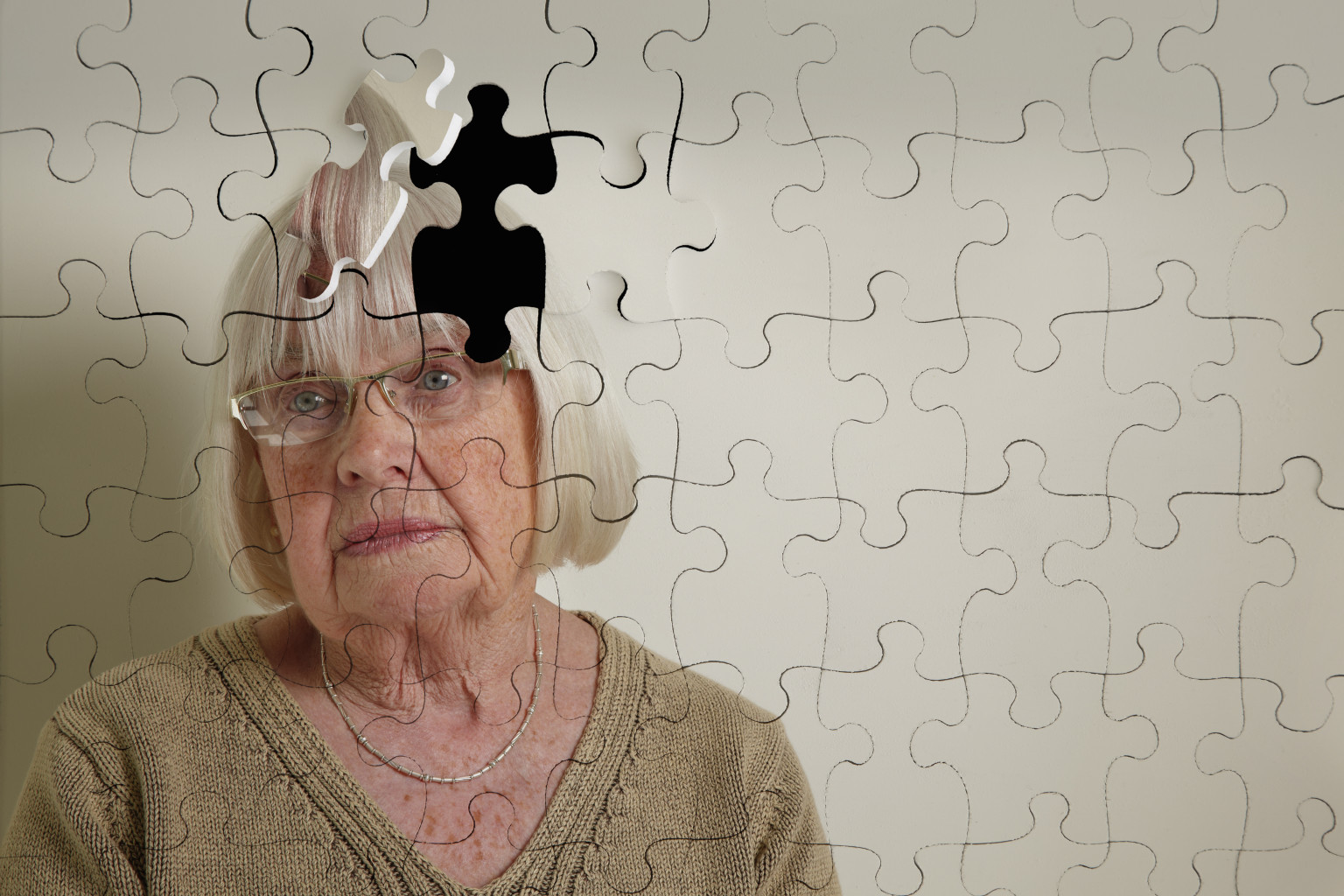There’s plenty of evidence unearthed by archeologists to prove how music has always been important to humans. It could have something to do with listening to a mother’s heartbeat in the womb. For a lot of people, enduring a life without music is simply inconceivable and so many of us have a life soundtrack that its natural to think of listening or playing music is some kind of therapy. This couldn’t be more true than for people with dementia. For them, music does much more than calm and soothe. It opens a cognitive doorway to show the way back to the world.
Music and Dementia
Compared to language, music knocks on different doors in the brain, which is why it can be used to communicate with someone not responding so well to language such as someone suffering from dementia who is no longer responding verbally to the spoken word.
Familiar music, like certain smells, is a powerful trigger for accessing memories. They are stored together in the memory. It’s a strong connection which is why a song linked to an event like the sufferer’s wedding gets a reaction.
You can even find a user friendly dementia music player that sufferers can use on their own to reassure and relax them.
It is natural for dementia patients to experience absence, mood swings and periods of agitation but familiar music has proven to produce a soothing effect. It’s thought it acts like a lighthouse beam or anchor point that breaks through the blur of confusion. With reduced confusion sufferers often interact with others and can even focus sufficiently well to perform routine tasks, such as eating and dressing independently.
Music offers a way to connect, however, research shows it has to be music relevant to the sufferer and preferences for music are set in the teens and early twenties. Sometimes, the results can be dramatic like flicking a switch and the sufferer is able to clearly recall events and engage fully in conversation.
For dementia patients therefore, music reduces social isolation and encourages continued social interaction. It is even effective when used to facilitate physical exercise.
Important Considerations
While using music is an effective way to connect with a person with dementia, it can be taxing for someone with more advanced dementia. Some may not react at all but for others even familiar music is just noise adding to the confusion. It can even trigger negative memories rather than good that manifests in increased agitation.
Music is a powerful tool that does reach dementia sufferers but the truth is, experts are not really sure why it works at all never mind why it can work so well. It may be memory associations or natural harmonics as in the Mozart effect or perhaps a combination of both. Either way, a good CD player and a selection of well known tunes from the sufferer’s era has proven time and again how music can work miracles.

